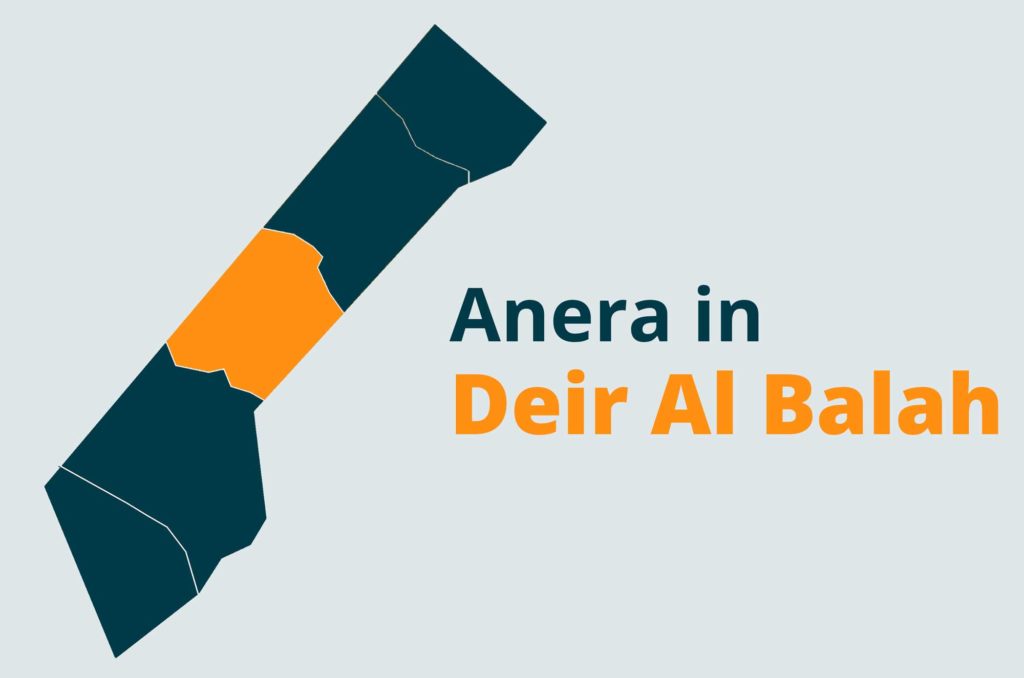Jul, 2011
Second-graders carefully turn the pages of the new books, trying their best to read the English written words while enjoying the illustrations.
For 45 minutes once a week, 35 girls sit in the Nuzha School’s library during English class with their teacher Iman Badran to practice reading, listening and verbal skills and to expand their vocabulary.
“How Would You Feel” is the name of an illustrated story in one of the donated books Anera delivered to the school’s library in March. It helped to introduce a new English word to young Layan Khaled Isma’el Al-Rab’e and her classmates.
“I really liked the books,” says Layan, who is already determined to study dentistry. Layan enjoys reading and learning new things, and gets excited whenever new books are added to the library, which she likes to visit in her spare time. According to her teachers, she is a top student, and a very quick learner, and her English teacher believes these books will certainly help her improve her English, as well as her classmates’.
Anera Field Officer Mashhour Al-Hidban supervised the selection and distribution of the books for students in grades 1 through 7. “A committee of educators researched and studied the books to determine the level at which each of the books ought to be taught.”
The donation was made to two UNRWA Preparatory Schools in Nuzha, in north Amman, which educate hundreds of young Palestinian girls. In accordance with its priority of providing access to education, UNRWA says refugee children registered with the UN agency are eligible for nine to ten years of free basic education.
In total, 40,531 books, donated by the International Book Bank, were distributed among 40 schools in Jordan, benefiting all of their students.
The two schools in Nuzha share the same area and playground but have different principals. Rawda Hamideh has been principal of one of the schools for five years. “This school was built in 1970 with its own library. The library has always had a vital role in the school’s academic and extracurricular activities.”
“A student committee always helps the bookkeeper. The committee follows an organized schedule, and the girls take turns at running it. During the breaks, the library is always full of students. I want these girls to get into the habit of reading and refer to the library as a main source of information,” Rawda explained.
Iman Badran has been teaching at the UN school for 12 years. She is delighted with the new resources: “The illustrations are colorful and clear and complement what my students learn in their English curriculum.” On this particular day, Iman was teaching her class the letter “L” from the donated book My Alphabets. By the end of class the students had learned a variety of new words like lion, ladybug, lamp and leaf.
Hidaya Qatanani has been teaching English at Nuzha Prep School for six years. She has found the donated alphabet books excellent. “These books have been a great addition to the library. The children love to come here to read. The great thing about these books is that they are colorful and the girls can develop their lexicon by reading and writing the new words in their notebooks to practice at home with their siblings.” And, in that way, the new supply of books also helps spread knowledge beyond the classroom.


